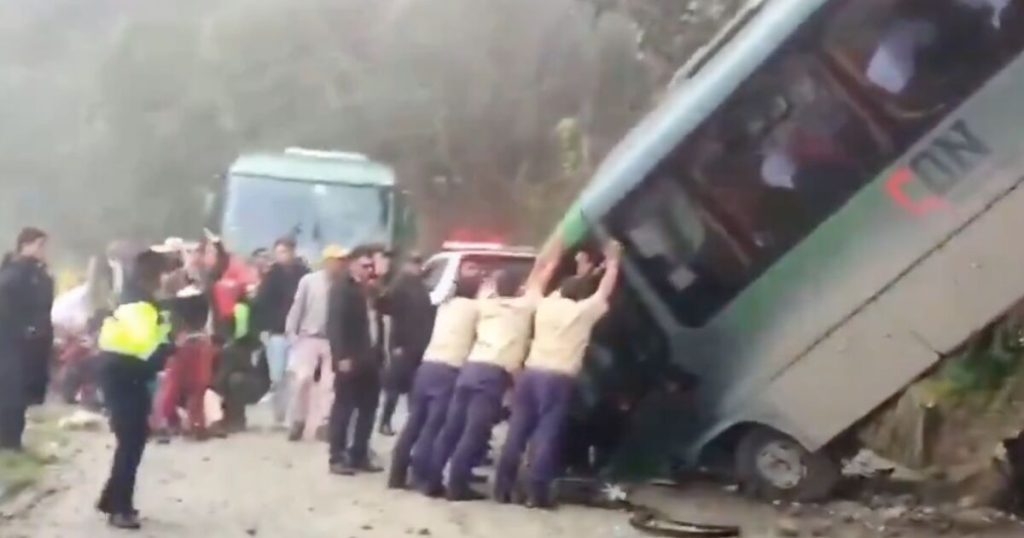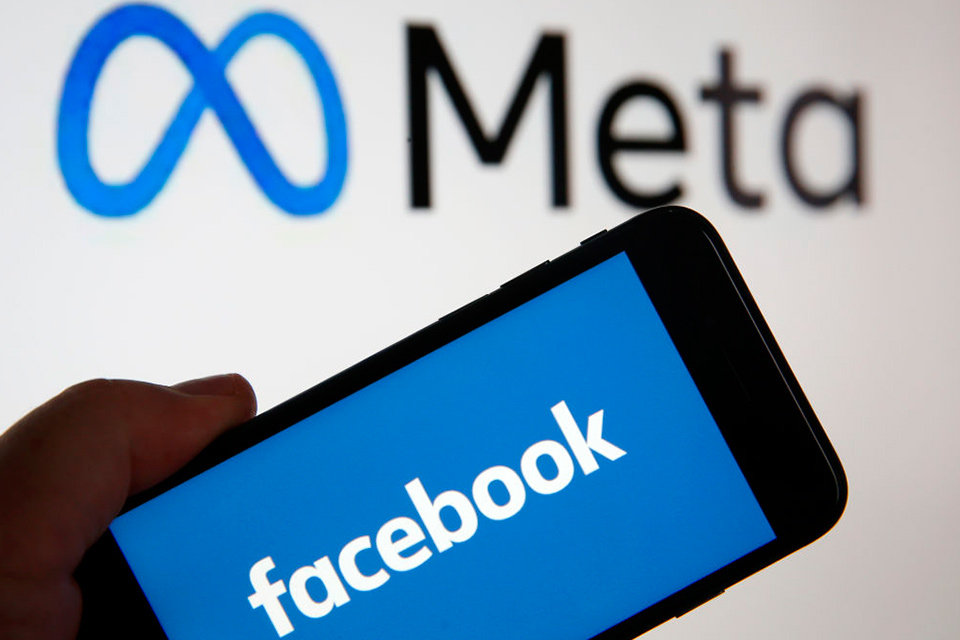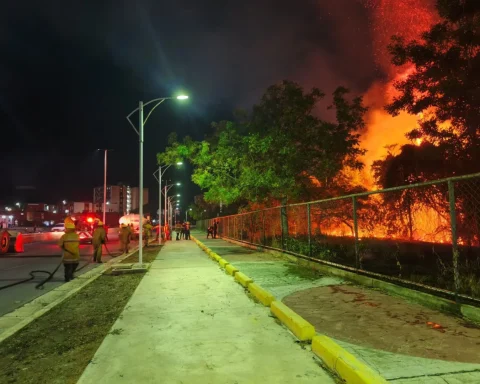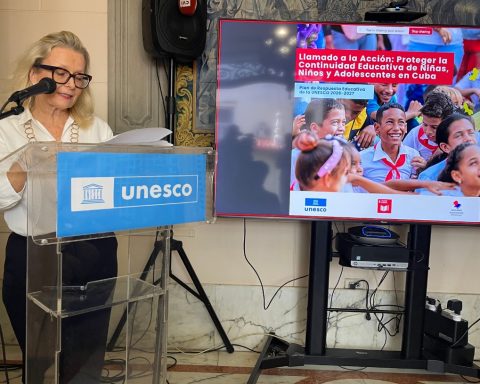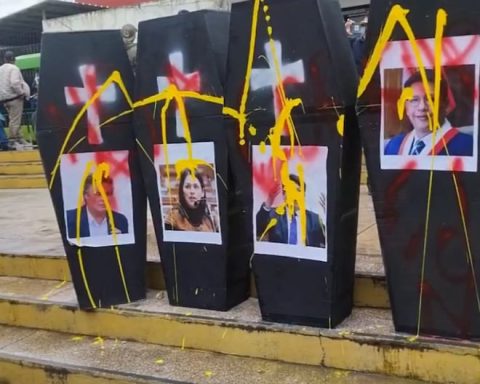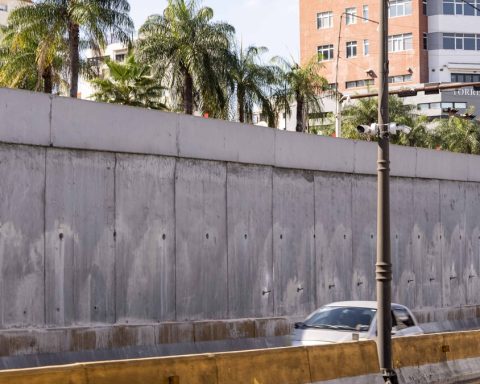September 17, 2024, 4:00 AM
September 17, 2024, 4:00 AM
The State is me, is the phrase attributed to Louis XIV, the absolutist king of France, when he imposed his power with an iron fist against any attempt at rebellion. Four hundred years later, there is another politician who acts in the same logic: Evo Morales, who claims that marching to impose his own candidacy is marching for the interests of the country. The mobilization begins today and aims to reach the seat of government in a few days. It also aims to shake up the power table. Luis Arce knows this and confronts him. Both give each other public blows, regardless of the collateral damage of this war without quarter.
At the same time, and perhaps not by chance, there are peasants from La Paz who are blocking roads in the highlands. Their leaders declare themselves independent, but their goals are similar to those of Morales. Both mobilizations generate uncertainty among citizens, accustomed to waiting for the month of October on alert, because something always happens, there is always conflict and Bolivia is on the edge of the precipice.
What is happening in the Movement Towards Socialism is a fight for power, and it is not news to anyone. This party and its two leaders want to maintain control of the country, but they are not offering anything in return. They have an exhausted economic model that no longer responds to current reality, they are clientelists in the enormous bureaucracy they created and they are building the imaginary that there is no State without them. To do this, they have destroyed the institutionality built during the years of democracy, they have squandered the resources that Bolivia obtained from gas revenues and now they do not know how to respond to the growing needs, especially of the poorest.
The opposition’s view from outside suggests that the two MAS leaders are the real problem in Bolivia. The back-and-forth, which has been heating up, ends up being a distraction from addressing the country’s underlying issues, which are mostly economic. The bad thing is that these core difficulties are getting worse, while the ruling party is doing very little to reverse the situation.
Bolivia is no longer the country admired by other governments; it has become the country that lags behind in solving its problems. Two decades ago, our nation could boast of being a little better off than Paraguay, and now it turns out that our neighbor has become a magnet for investments and for living well. A couple of years ago, we saw Argentina struggling with an unprecedented economic crisis, and now we see how the government is taking steps to eliminate the fiscal deficit, reduce inflation, and improve the reality of its citizens. Not even Peru, which has so many social problems and accusations of corruption by its leaders, has seen its economy deteriorate because it is a pillar that was able to preserve itself despite everything.
What does all this lead us to? In the short term, Bolivia will be the country with the worst living conditions in the region: with growing inflation, no opportunities for national and foreign investment, and an increasing exodus of citizens.
It is therefore unforgivable that, under the belief that the State is Evo or Lucho, they are trying to continue leading the country into the abyss. The opposition politicians are not exempt from this conclusion, and they do not present themselves as a solid and sustainable alternative for the increasingly hopeless Bolivians.












